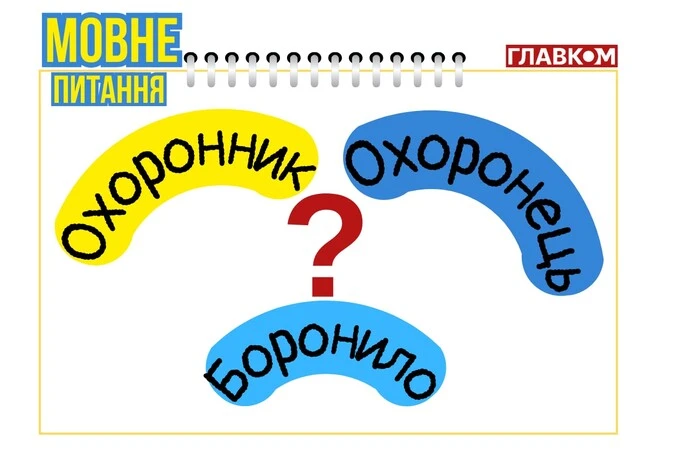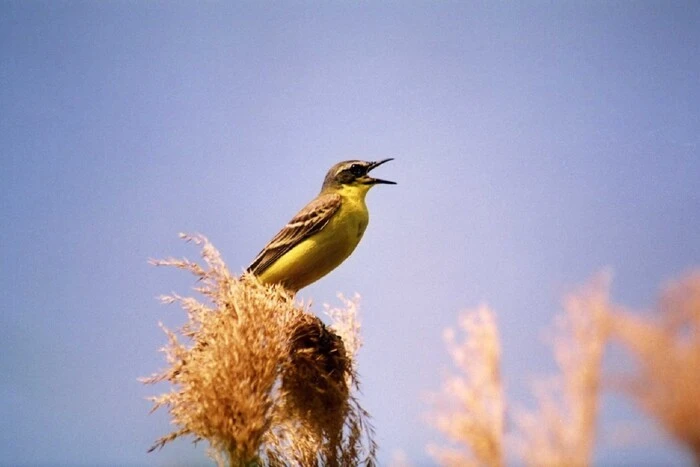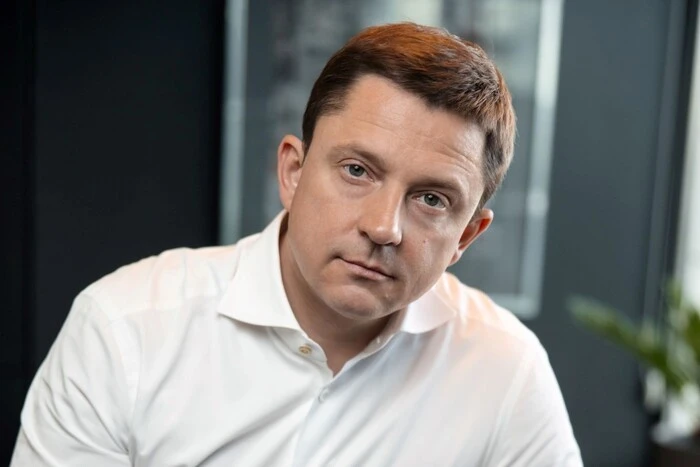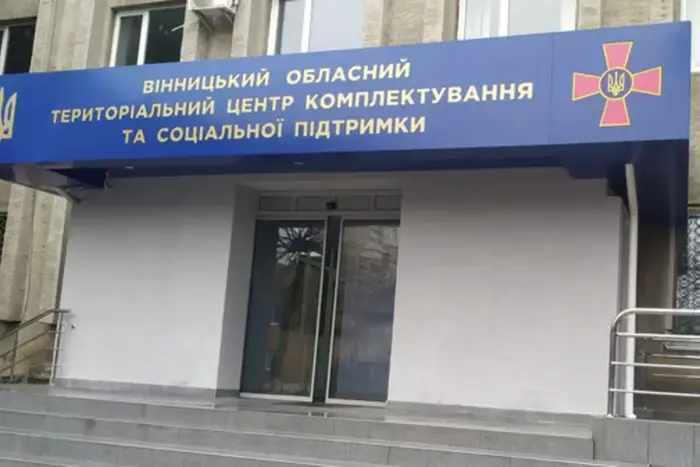Guardian or guard? Linguist explained which word to use correctly.


Linguist Olga Vasylieva on the spelling of the word 'guardian'
Olga Vasylieva clarified how to correctly denote a person who guards something, and whether the word 'guardian' is borrowed from the Russian language. This was reported by 'Glavcom' in the 'Language Issue' section.
«No, it is not a borrowing, because there is also 'border guard'. According to the explanatory dictionary, 'guardian' is the same as 'watchman'. However, the employment record will only indicate 'guardian', as the Ministry of Social Policy has defined the qualification characteristics of the profession 'guardian'», explains the philologist.
Vasylieva adds that the word 'watchman' is not used in professional activities. She also jokes, referring to the humorous equivalent 'guard' in the dictionary of Agatangel Krymsky and Serhiy Yefremov - 'boronilo'.
Ukrainian terminology and its revival
Olga Vasylieva talked about the revival of Ukrainian terminology in modern terminology formation mechanisms. In the Soviet Union, Ukrainian technical terms were created through calquing from the Russian language, for example, 'stainless steel'. However, the development of Ukrainian terminology studies in the USSR lasted for a short Time - only from the 1920s to the 1930s. After that, practically all linguists who dealt with Ukrainian technical terminology were repressed.
Olga Vasylieva previously explained that from the female name 'Oleksandra' in the Ukrainian language forms 'Sanya', 'Sanda', 'Lesya' are formed, while from the male - 'Sanko', 'Sashko', 'Shurko', 'Les'. Within the framework of the 'Language Issue' section, she also explained whether the word 'breasts' has a singular form and which word to use to denote one of the breasts.
Olga Vasylieva's explanations regarding the spelling and origin of some words in the Ukrainian language emphasize the importance of adhering to lexical and grammatical correctness in the language. By mentioning that Ukrainian terms have a unique origin and are not just a simple copy of the Russian language, we learn to respect our own language and appreciate its uniqueness. The overview of the origin of various forms from male and female names is also interesting, enriching our language.
Read also
- Through the war in Ukraine, sparrows, swallows, and rare wetland birds are disappearing: an ornithologist's explanation
- Oles Doniy spoke about the loss that struck his family
- CPD: Message about the failure at the South Ukrainian Nuclear Power Plant - a Russian fake
- Vinnytsia Regional TCC Suspends Operations: Reason
- The Ministry of Defense has launched a weapons marketplace
- South Korea to distribute $110 to every citizen









